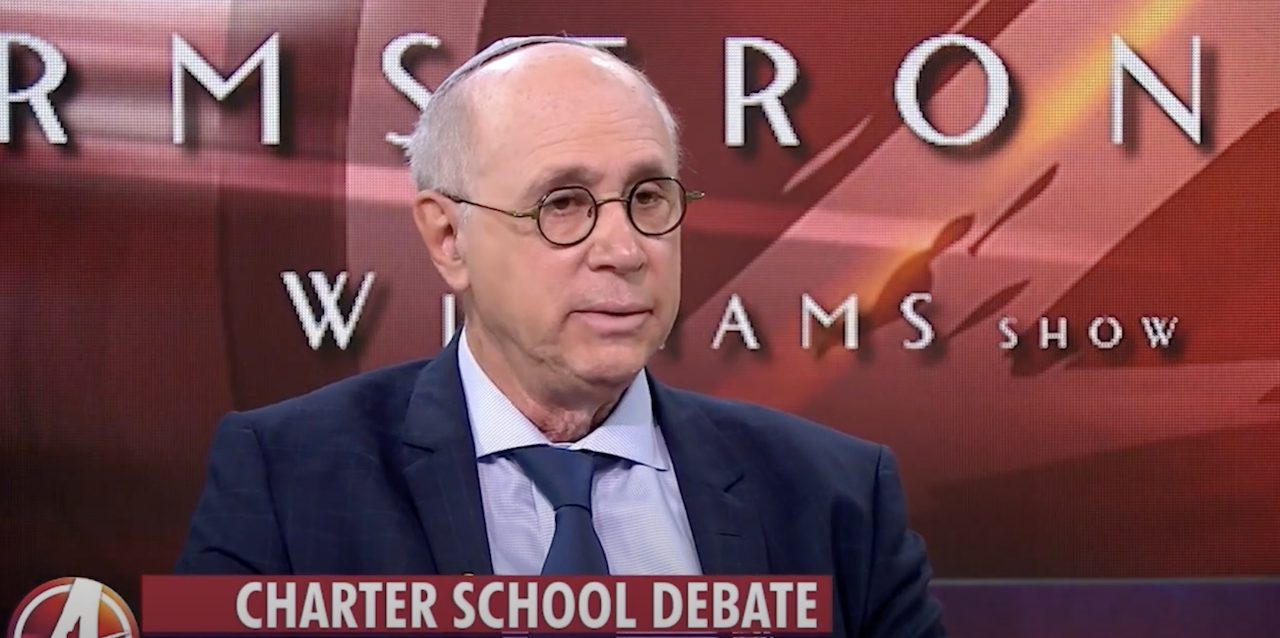Dedication of the Bible Museum 2017
Dedication of the Bible Museum 2017
Rabbi Stuart Weinblatt
Standing here in this beautiful new facility, on this day of dedication, as a representative of the People of the Book, I cannot help but say thank you for this museum, for this wonderful gift. And how appropriate to use that terminology – for that is how we refer to the Bible. We call it a gift. We speak of Matan Torah, the gift of Torah.
This museum which is dedicated to the book which has had such a lasting impact on the world tells in a creative and imaginative way the story of the Book, of the Book that tells the story of the wanderings of a nomadic people, the history of a motley group of slaves who dared to challenge the superpower of its era, who dared to go against the prevailing notion of the time and to believe in one God. It is the book that tells the story of Israel’s encounter with the Divine, and of what it is that God asks of us.
As the prophet Micah taught – “What does the Lord expect of you? Only to do justly, to love mercy, and to walk humbly with thy God.”
The Bible is a unique work of literature. It contains laws and legislation, morals and ethics, philosophy and poetry, even love poetry, as well as the inspiring ideals the Prophets imparted, imploring us to implement their clarion call for justice for all,
The bible demands that we create a world will all would be treated with respect and dignity, for in its opening passages we are told that all are created b’tzelem Elohim, in the Image of God.
Throughout the ages our people – not just rabbis and scholars, but common people, have studied the Bible and pored over its words and analyzed every letter in search of nuance and meaning because it is treated as the word of God and is therefore the foundational sacred text of Judaism. Through interpretation the Book comes alive and remains relevant and ever-changing.
In fact, as soon as we complete the annual cycle of reading the Torah on Simhat Torah, we immediately begin anew the reading, for we seek to glean from it God’s eternal message for us.
A story is told about a rabbi who was once asked – why is it that when you pray you do it so quickly, but when you read the Bible you take your time, and it takes so long? The rabbi replied, “That is because when I pray, I am speaking to God, and God must listen to the prayers of so many people throughout the world I do not want to bother Him and take up too much of His time. But when I read the Bible, God is speaking to me, so I must do it slowly so I can hear every word and understand what God is saying to me.”
My teacher of Bible, Dr. Samuel Iwry, a great scholar of the Bible used to say – There are those who say the Bible is holy and that is why it is great. And there are those who say the Bible is great and that is why it is holy. Regardless of which opinion you subscribe to, it is clearly great and it is holy.
Are there any passages or words more uplifting than:
Love your neighbor as yourself
Do not stand idly by the blood of your neighbor
Justice, justice shall you pursue
In the beginning, God
Am I my brother’s keeper?
Though I walk through the valley of the shadow of death, I shall fear no evil for Thou art with me.
You shall be holy, for I the Lord your God am holy.
They shall beat their swords into pruning hooks
Nation shall not lift up sword against nation, neither shall they learn war anymore.
Remember you once were strangers in the land of Egypt.
Proclaim liberty throughout the land.
There is a time for everything under heaven.
A story is told about a man who asked Rabbi Hillel 2,000 years ago to sum up the essence of the Torah while standing on one foot. After giving a concise answer, he said, “The rest is commentary. Go and study.”
Ladies and gentlemen, May this be a place where people from all over the world will come to study. As the prophet Isaiah dreamed:
“In the days to come, the Mountain of the Lord’s House shall stand firm above the mountains and tower above the hills. And all the nations shall gaze on it with joy. And many peoples shall say, “Come let us go up to the Mountain of the Lord, to the House of the God of Jacob that He may teach us of His ways, and so that we may walk in His paths. For out of Zion shall come forth the Law, and the word of the Lord from Jerusalem.”
May people come here to grow and to be inspired by the eternal truths and messages so that its words are not just proclaimed as great, but so that men and women shall strive to live by its teachings in their daily lives.
Rabbi Stuart Weinblatt




